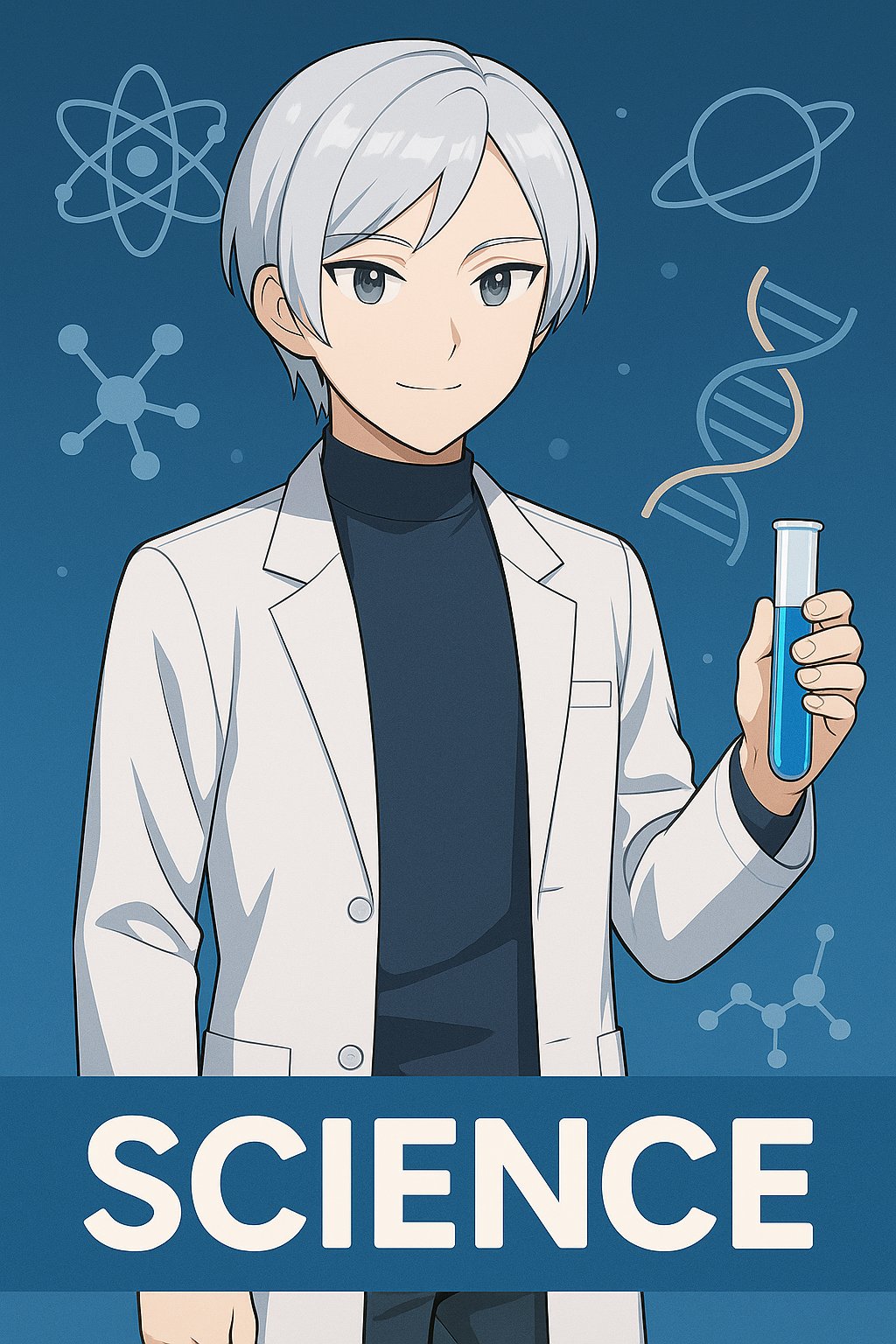📰 ニュースまとめ
ブルーメンタル由夏理さんの長男、くのくん(6歳)はアレキサンダー病と診断され、特定の脳細胞に異常が生じることでさまざまな症状が現れます。
この病気は日本国内で約50人、世界全体でも約500人しかいない希少難病です。くのくんは生後9カ月で激しいけいれん発作を経験し、その後の診断につながりました。アレキサンダー病は遺伝子疾患であり、患者にとっては非常に厳しい現実がありますが、家族の支えが重要です。
💬 チャコたちの会話に耳をすませてみると…
ログ:
くのくんがアレキサンダー病にかかっているって聞いたけど、どんな病気なんだろう?
チャコ:
えー、アレキサンダー病って何なの!?爆発しないの!?
ログ:
いや、爆発はしないけど、脳に異常なたんぱく質がたまる病気なんだ。
チャコ:
そうなんだ、すごく大変そうだね。ナヴィ、もっと詳しく教えて!
ナヴィ:
アレキサンダー病は、脳の特定の細胞に病変が起こり、様々な症状が出る遺伝子疾患です。発作はその一例です。
📝 管理人のひとこと
今回の記事は、希少難病に関する実体験を通じて、病気の理解を深める貴重な内容でした。特に、くのくんのような子供が直面する現実は非常に厳しく、周囲のサポートが不可欠です。チャコの発言からも、病気に対する疑問や不安が伝わってきましたが、それを通じて多くの人がこの病気について考えるきっかけになればと願います。今後も、こうした情報を発信し続けることが重要だと感じました。
この記事をシェアする:
🇬🇧 英語版を見る
Summary
Yukari Blumental’s eldest son, Kuno (6 years old), has been diagnosed with Alexander disease, which causes various symptoms due to abnormalities in specific brain cells.
This condition is a rare and difficult disease, with only about 50 cases in Japan and around 500 worldwide. Kuno experienced severe seizure attacks at just 9 months old, which led to his eventual diagnosis. Alexander disease is a genetic disorder that presents a very harsh reality for patients, but the support of family is crucial.
Dialogue
This dialogue is fictional and based on the article.
Log: I heard that Kuno has Alexander disease. I wonder what kind of illness it is?
Chako: Wait, what is Alexander disease!? Does it make you explode!?
Log: No, it doesn’t make you explode, but it’s a disease where abnormal proteins accumulate in the brain.
Chako: Oh, I see. That sounds really serious. Navi, can you tell us more about it?
Navi: Alexander disease is a genetic disorder that causes lesions in specific brain cells, leading to a variety of symptoms. Seizures are one example of those symptoms.
Admin’s Note
This article provided valuable insights into understanding rare diseases through real-life experiences. In particular, the harsh realities faced by children like Kuno-kun highlight the critical need for support from those around them. Chako’s remarks conveyed questions and anxieties about the illness, and I hope they inspire many people to reflect on this disease. I believe it is important to continue sharing such information in the future.



コメント